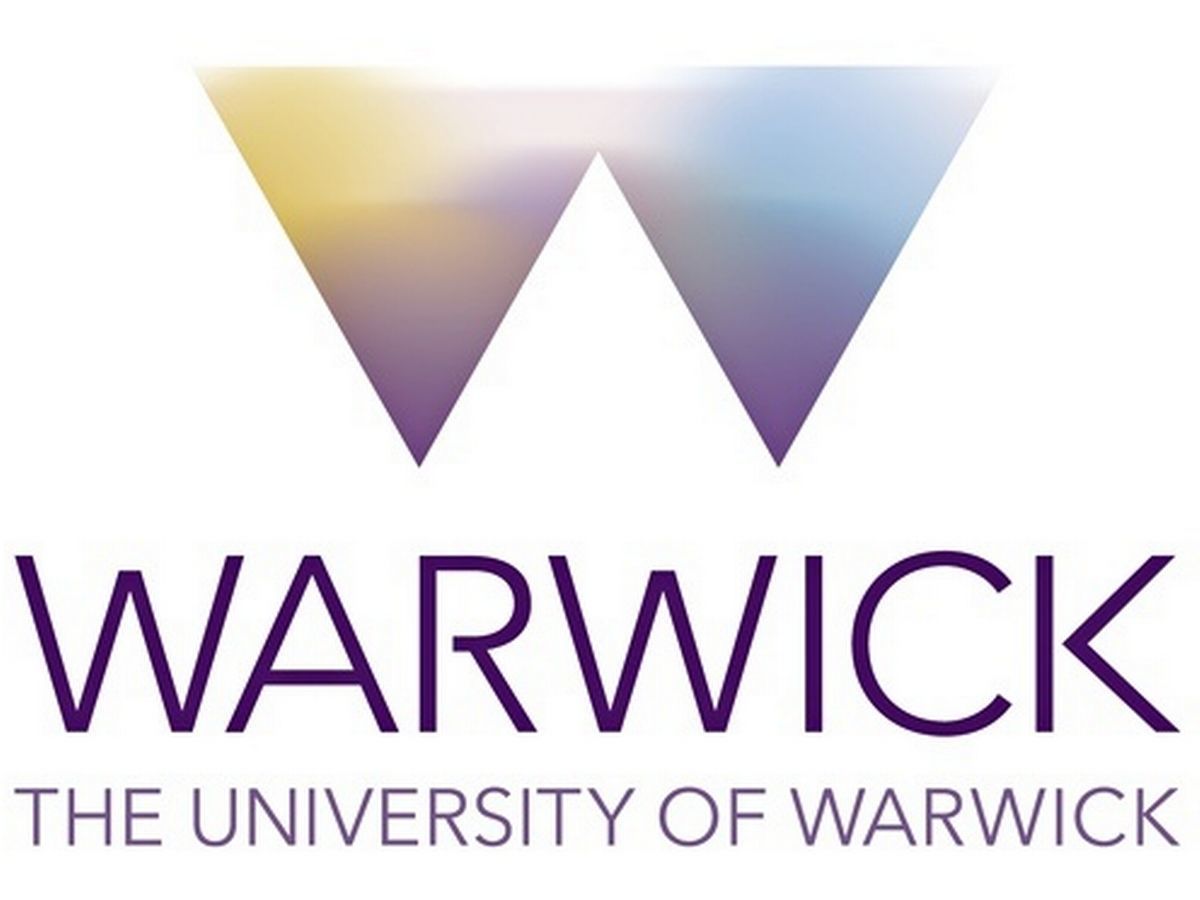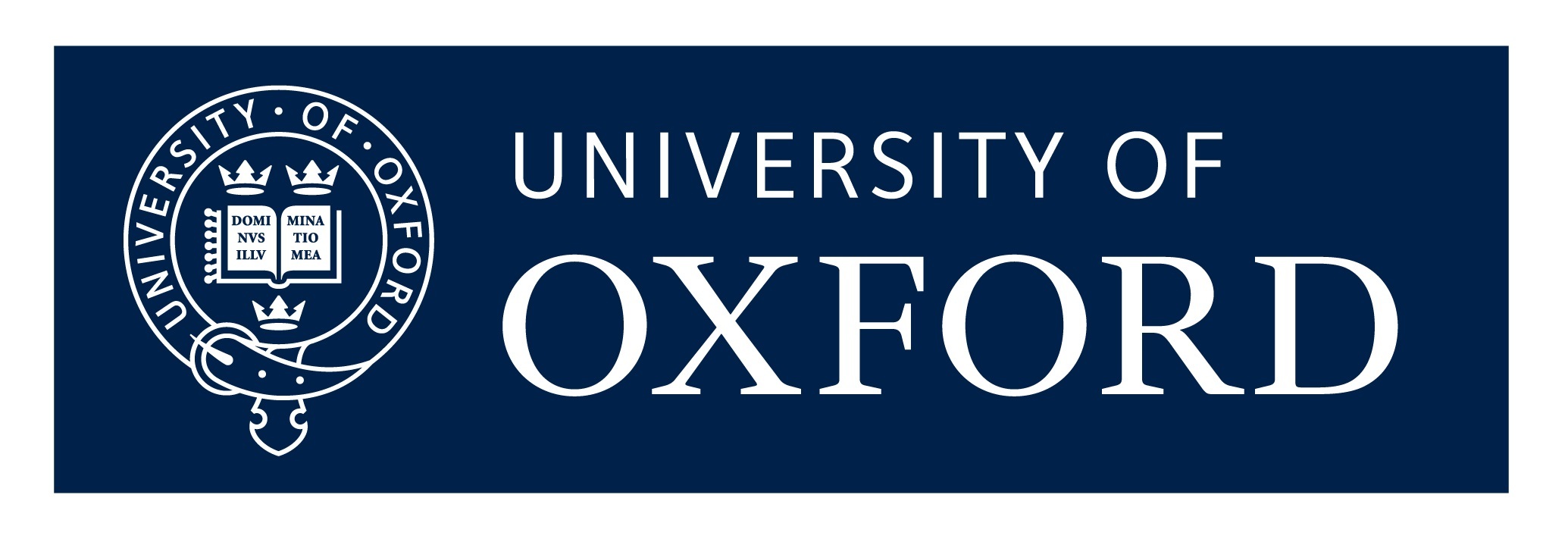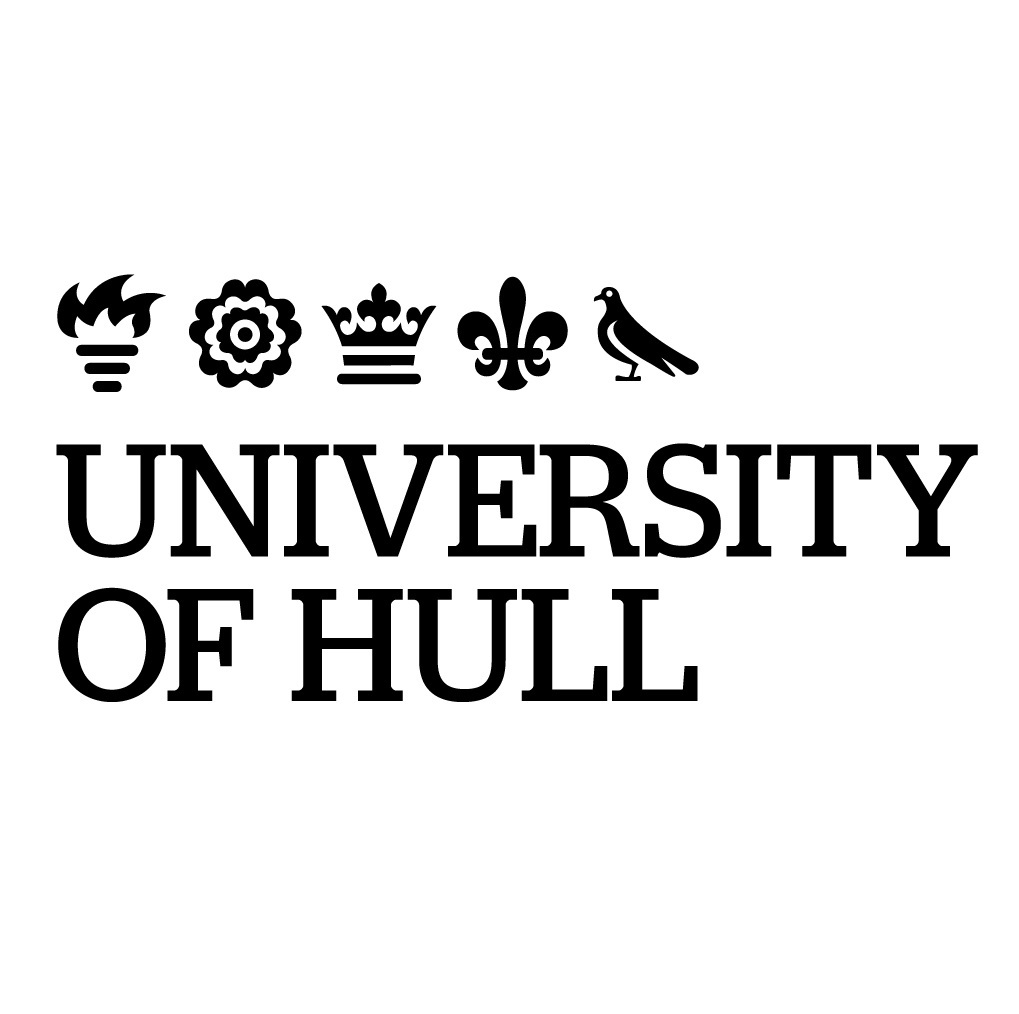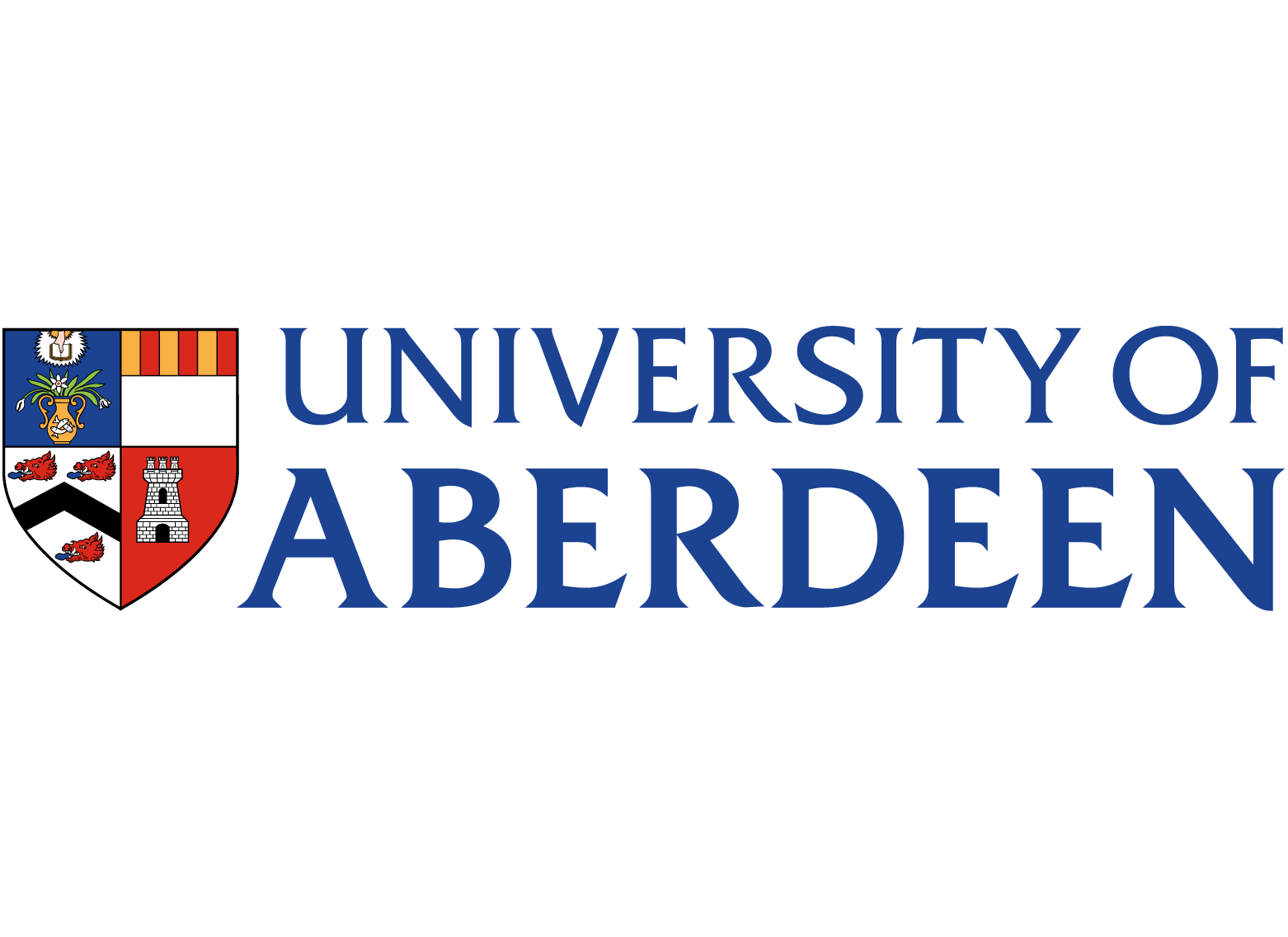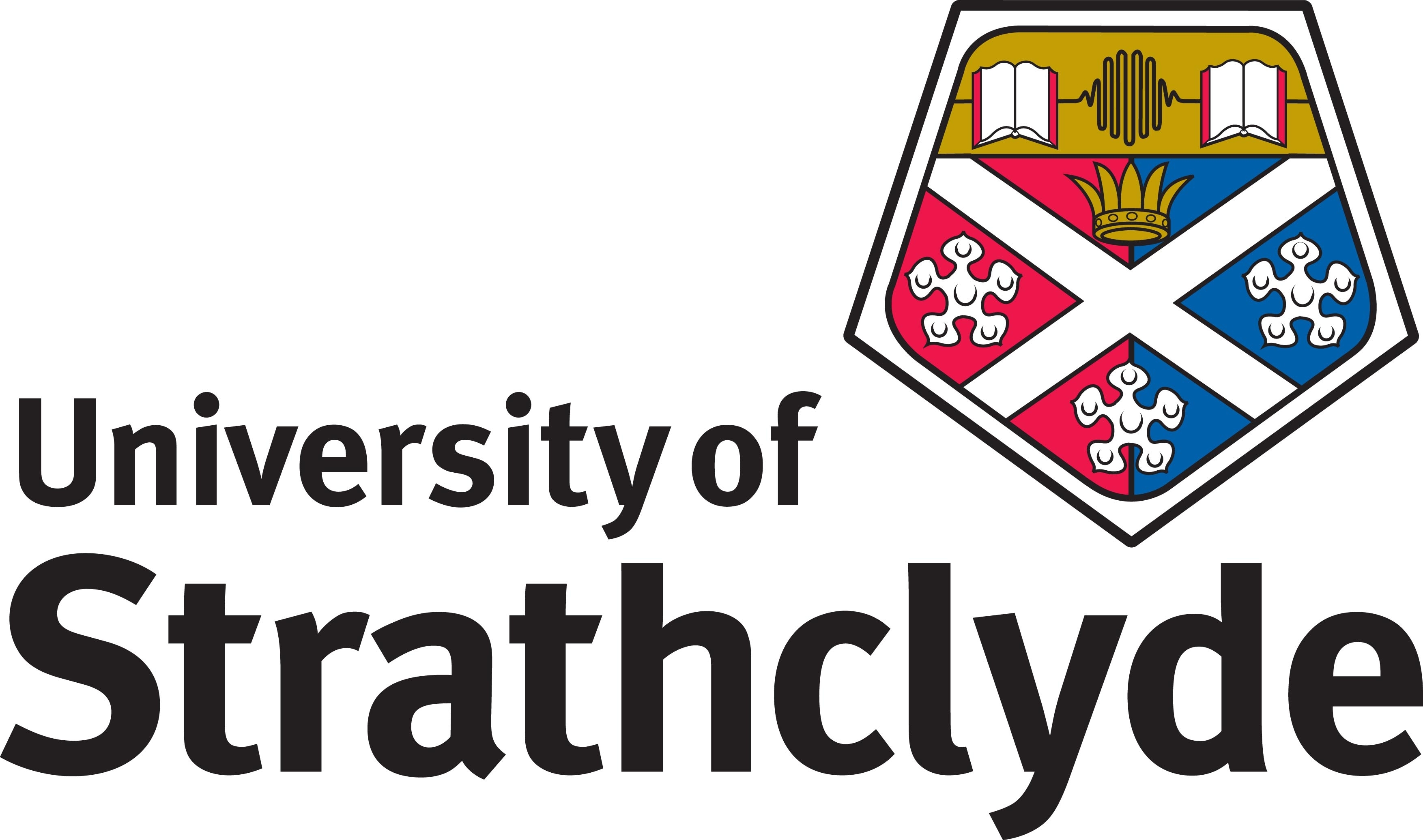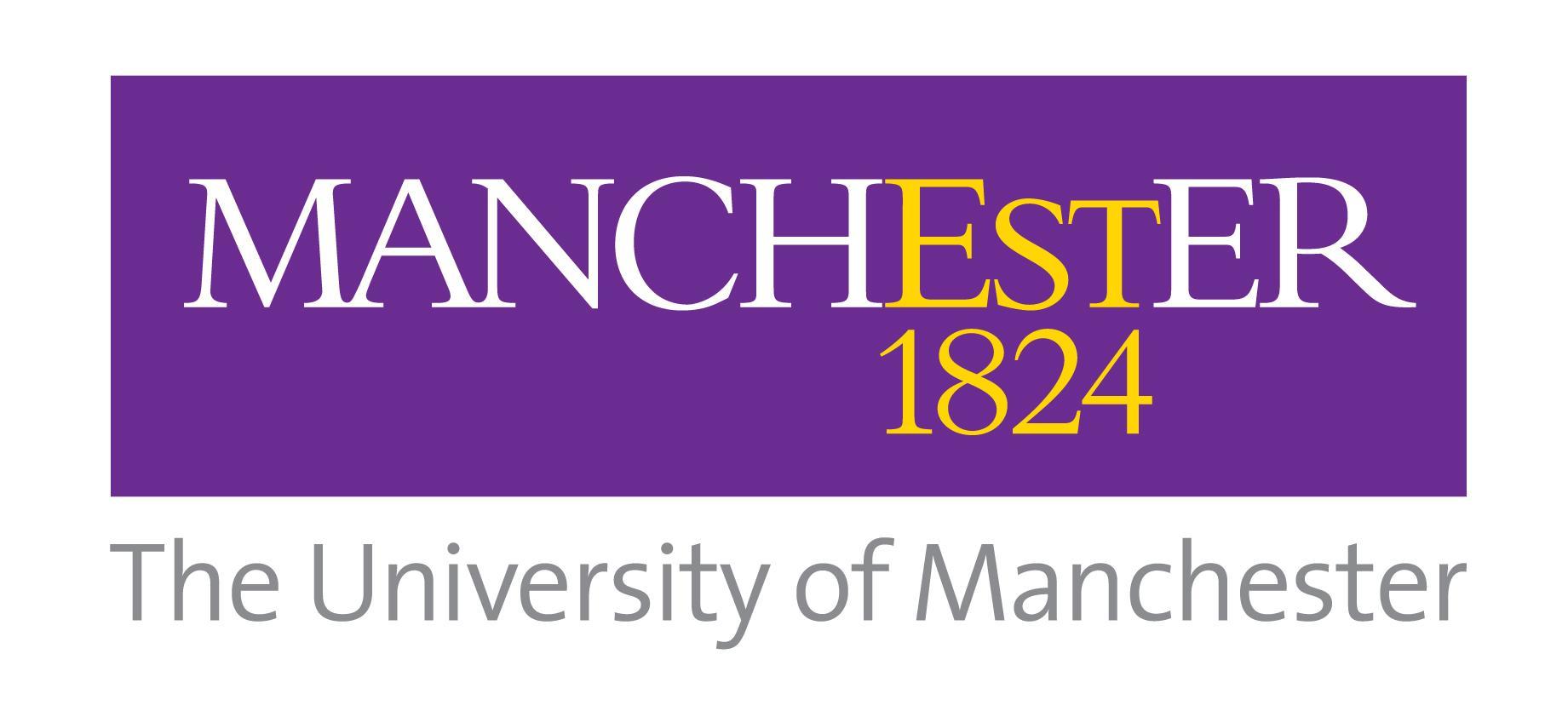The Supergen Programme
The Supergen programme was set up in 2001 by the Engineering and Physical Sciences Research Council (EPSRC) to deliver sustained and coordinated research on Sustainable PowER GENeration and supply. The programme focused on several key research areas, including bioenergy; energy networks; energy storage; fuel cells; hydrogen and other vectors; marine, wave and tidal; solar technology; and wind power.
For phase four of the programme, the Supergen Wind and Supergen Marine Hubs were combined into one Offshore Renewable Energy Hub, following consultation with the wider research community and EPSRC. The Supergen Offshore Renewable Energy (ORE) Hub builds on the work of the former Hubs, and looks at synergies between offshore wind, wave and tidal technologies as well as building on current research in each area.
Building the Supergen ORE Hub
In 2017 Professor Deborah Greaves OBE from the University of Plymouth was selected by the Supergen Leaders Call to lead the new Supergen ORE Hub. Professor Greaves undertook a six-month engagement project to build a research consortium, plan a community led programme of research and prepare the full application for the second stage of the programme.
Documentation from the series of workshops and engagement events can be found on the University of Plymouth website.
Establishing the Supergen ORE Hub
The Supergen ORE Hub was established in July 2018 with £5million of funding from the Engineering and Physical Sciences Research Council (EPSRC). It was subsequently awarded a further £4million in June 2019.
In 2023 the Hub has secured a further £7.5m of EPSRC funding to accelerate the impact of current and future ORE devices and systems and to drive the UK towards its net zero commitments.
The new phase of the Supergen ORE Hub will build on work carried out by the existing Hub, created in July 2018 to champion and maintain the UK’s wave, tidal and offshore wind expertise, and provide research leadership to connect stakeholders, inspire innovation and maximise societal value in offshore renewable energy.
The University of Plymouth leads the Supergen ORE Hub, with Co-Directors from the Universities of Aberdeen, Edinburgh, Exeter, Hull, Manchester, Oxford, Southampton, Strathclyde, and Warwick.
A Research Alignment Group was established to provide independent, objective, impartial advice and strategic guidance on the direction of Supergen ORE Hub research. In addition, an Industrial Advisory Board was created to provide high-level guidance to the Management Board of the Hub, with a focus on the overall mix of industrial sector representation and potential for cross-sector research synergies.
Our people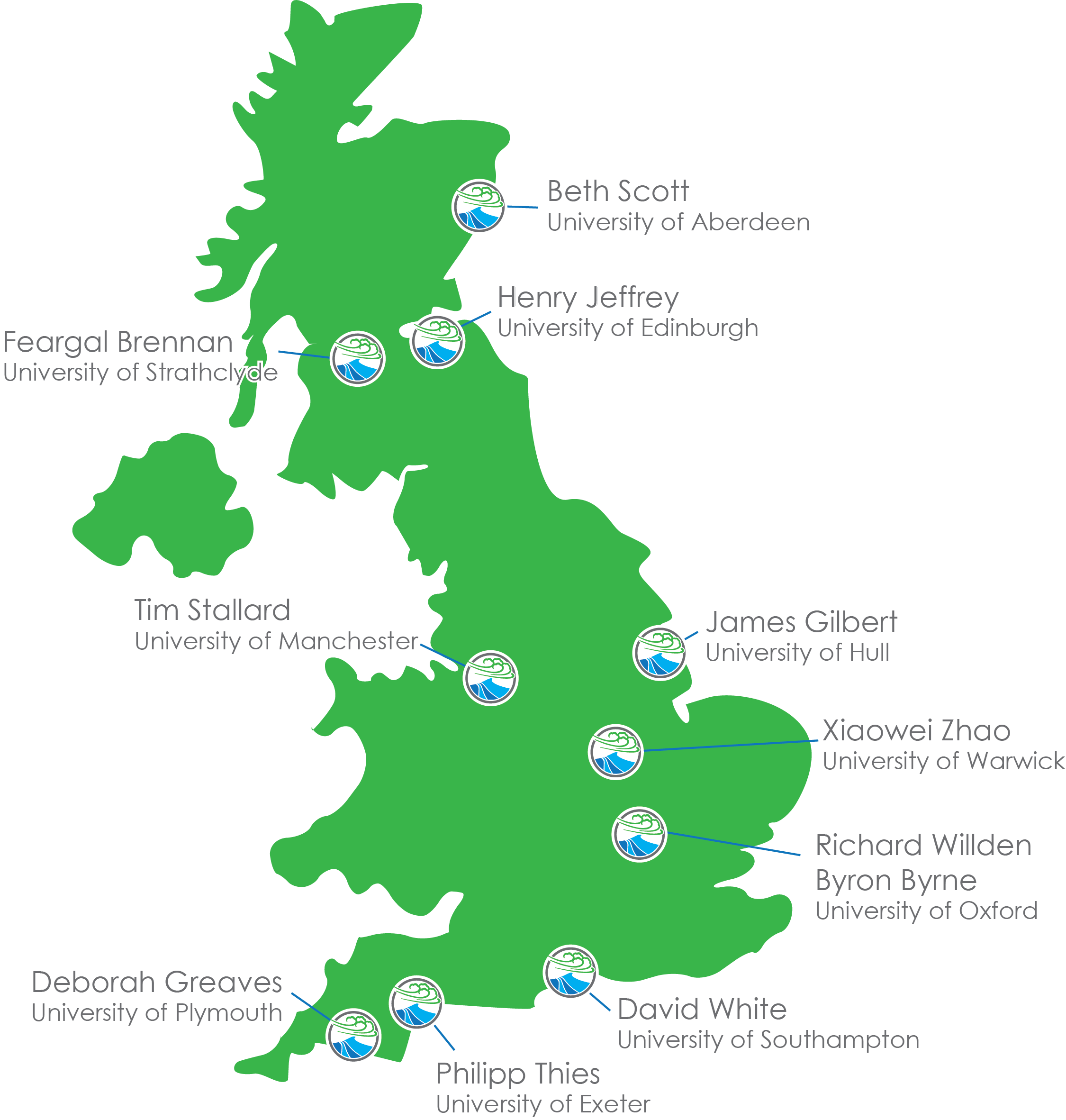
Aspirational offshore systems
To provide a focus for our research we have established three aspiration ORE systems as beacons for step-change, and provide a benchmark against which research progression can be measured. These three aspirations systems are:
-
 A large-scale floating future
A large-scale floating futureA multi-GW floating ORE farm, unlocking ORE beyond the water depths currently targeted, and creating a step-change in farm-scale via innovative new engineering systems.
-
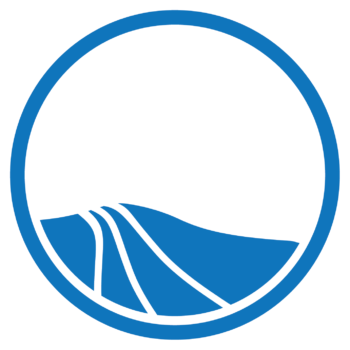 Scaled-up and safe exploitation of tidal streams
Scaled-up and safe exploitation of tidal streamsA step-change in scale for tidal stream systems, moving the industry from prototype proving to systems designed for operation in commercial arrays with high confidence in the prediction of performance and ecological acceptability.
-
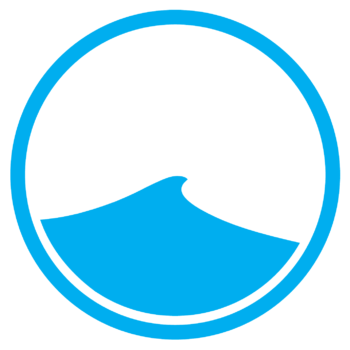 Farm-scale wave energy
Farm-scale wave energyA wave energy ORE sector in which the scaling benefits from single to multiple devices are realised, creating the step change in the viability of this technology that is required to secure ongoing investment.
Workstreams
The first phase of the Supergen ORE Hub (2018 – 2023) has built a community of academics, industry and other stakeholders, successfully unifying the ORE community around common research challenges. The next phase (2023 – 2027) will build on all elements of the established structure and take this activity and impact to the next level to match UK Net Zero, Energy Security and affordability aspirations.
The new work programme addresses the key drivers of streamlining, upscaling, competitiveness and sustainability through five interdisciplinary workstreams:
- Workstream 1: ORE expansion – policy and scenarios: explores future upscaling scenarios and the enabling policies required to ensure economic and system benefits, enabling retention and growth of domestic supply chains, skills and circular economy, as well as methods to include ecosystem benefits in GVA measures, facilitating sustainability, ORE’s contribution to Net Zero and a just transition.
- Workstream 2: Data for ORE design and decision-making: advances in data collection, collation, analysis and interpretation will streamline and accelerate design and decision-making in ORE projects, from the planning and consenting phase, through operations, to the end-of-life outcomes.
- Workstream 3: ORE modelling: upscaling will require more advanced modelling tools addressing more complex applications. Confidence in new tools, approaches and computing architectures requires the quantification of uncertainties through targeted development, experimental validation and aligned field measurement campaigns.
- Workstream 4: ORE design methods: new design solutions and new design methods will help achieve cost reduction and improve competitiveness needed to accelerate technologies in offshore wind, tidal and wave infrastructure.
- Workstream 5: Future ORE systems and concepts: novel frontier sustainability solutions to achieve step change advances in ORE though sharing infrastructure, multi-use and multi-turbine structures and very large and interconnected floating systems.
Read more about each workstream here (PDF document).
Find out more about the previous work packages here (PDF document)
Research not covered through our core research Work Packages is supported through our Flexible Funding awards, allowing UK researchers to respond to wider research challenges in the ORE sector. Flexible Funding awards are based upon our Research Landscape, an interactive website tool, setting out the research themes and challenges within ORE as identified by stakeholders within the ORE industry and research community.

